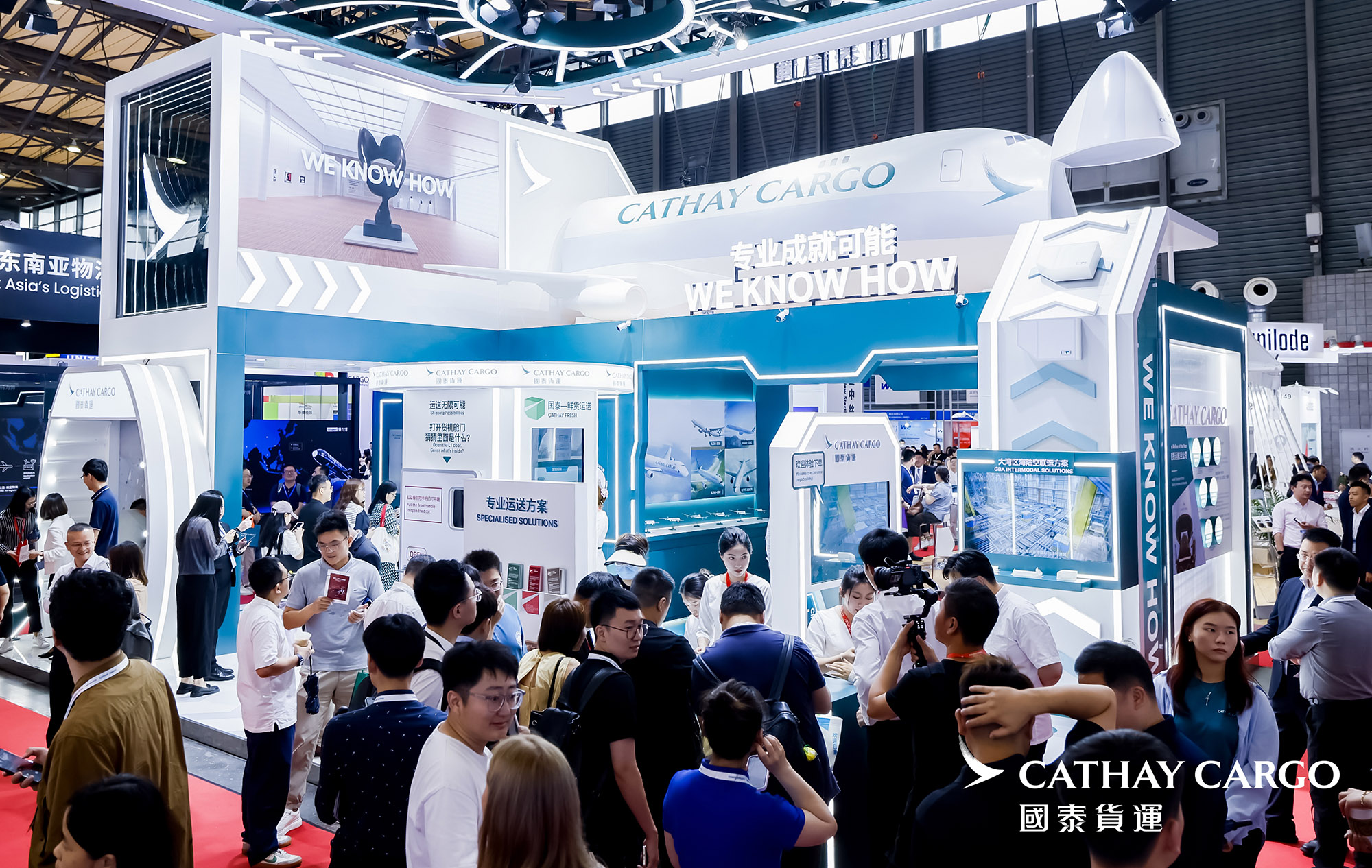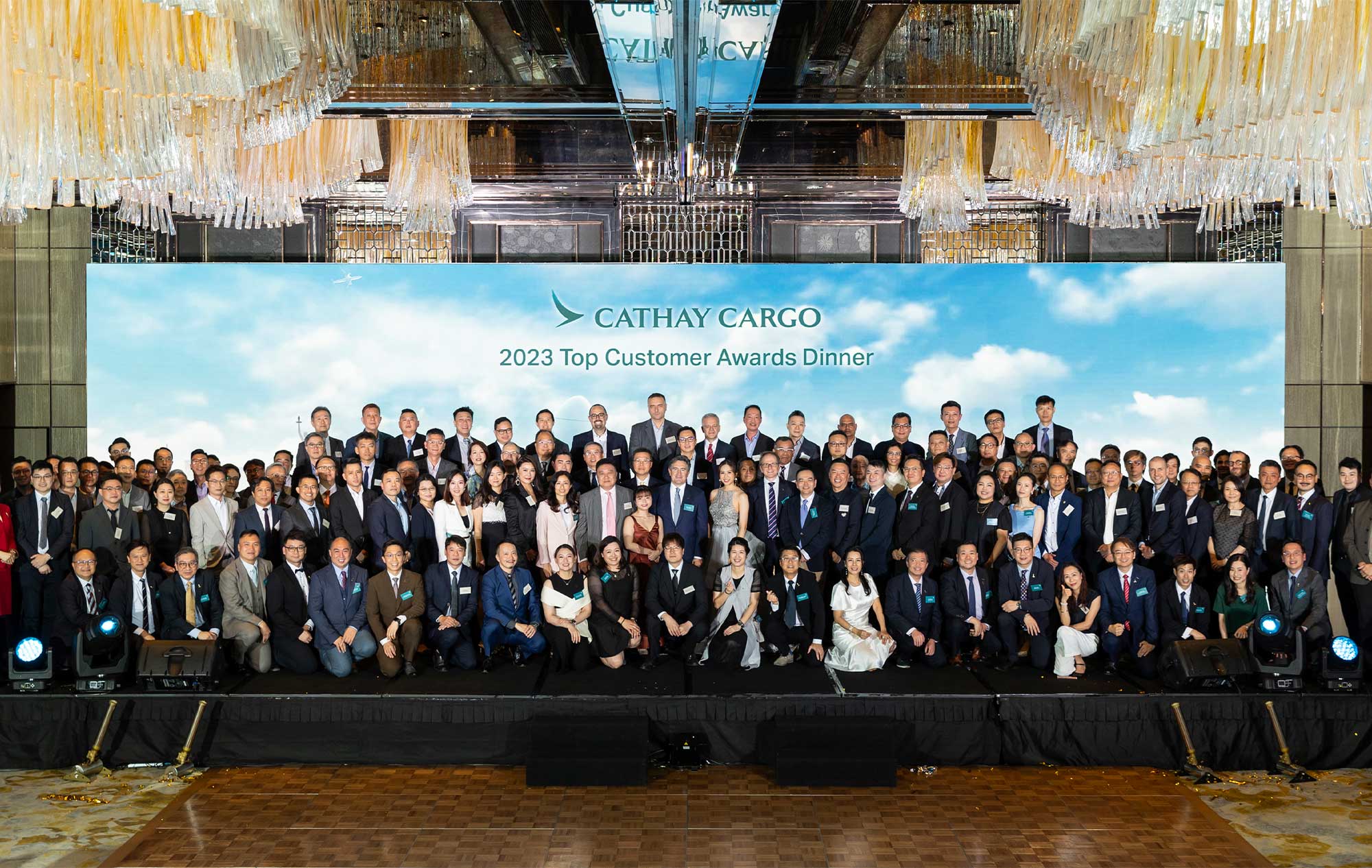The International Air Transport Association’s (IATA) 2019 outlook for the global aviation industry has been downgraded in response to volatility in global trade and pressures from rising costs.
In December 2018, we had announced an industry profit outlook of US$35.5 billion. But at our Annual General Meeting held in Seoul in June, we revised this down to US$28 billion.
Since the beginning of the year, the business environment for airlines has deteriorated with rising fuel prices and a substantial weakening of world trade. We now see that overall costs are expected to increase by 7.4 per cent, outpacing a 6.5 per cent rise in revenues. As a result, net margins are expected to be squeezed to 3.2 per cent (from 3.7 per cent in 2018) and profit per passenger will similarly decline to US$6.12 (from US$6.85 in 2018).
Speaking at the AGM, IATA Director General and CEO Alexandre de Juniac said: ‘Margins are being squeezed by rising costs right across the board – including labour, fuel and infrastructure. Stiff competition among airlines keeps yields from rising. Weakening of global trade is likely to continue as the US-China trade war intensifies. This primarily impacts cargo, but passenger traffic could also be impacted as tensions rise. Airlines will still turn a profit this year, but there is no easy money to be made.
‘The good news is that airlines have broken the boom-and-bust cycle. A downturn in the trading environment no longer plunges the industry into a deep crisis,’ he added. ‘But under current circumstances, the great achievement of the industry – creating value for investors with normal levels of profitability – is at risk. Airlines will still create value for investors in 2019 with above cost-of-capital returns, but only just.’
After an exceptional performance in 2017, we anticipate that growth in cargo demand will be flat in 2019 due to the impact of tariffs on trade. Growth in passenger demand will likely be more robust, because global GDP growth is expected to remain relatively strong at 2.7 per cent.
But there are significant downside risks, as political instability never bodes well for air travel. Even more critical are the proliferation of protectionist measures and the escalation of trade tensions. While passenger traffic demand is holding up, the impact of worsening trade relations could spill over and dampen demand.
Yvonne Ho is IATA’s General Manager Hong Kong and Macao








